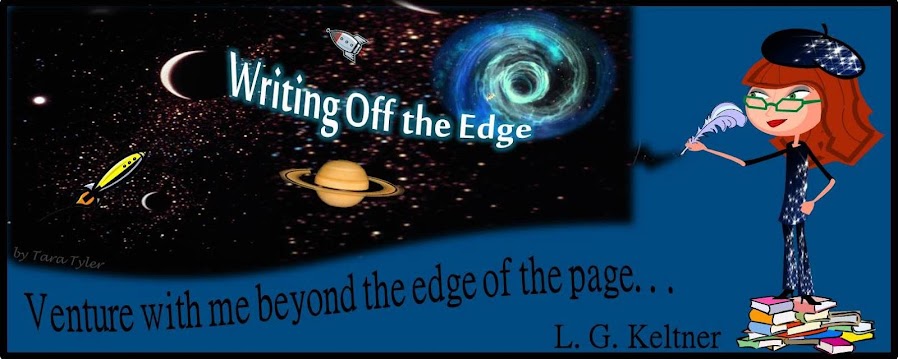Today is one of those days that keeps me thinking. My mom died last year, and today would have
been her 48th birthday.
Overall I’m doing all right, but I can’t escape the reality that life is
short. For too many people, it’s far shorter
than they ever would have dreamed. These
thoughts have made me, at least for today, into a productive person. Knowing that I can’t guarantee how much time
I will have to accomplish all I dream of, which is a truth we all must contend
with, I am motivated in a way that I wouldn’t have believed possible a year
ago.
So far, I’ve been keeping up with my blogging goals, and I’m
keeping pace with the word count goal that I set for myself earlier this
week. Actually, I need another 50 words
or so written in my story before midnight to be absolutely in line with my goal,
but given that laundry and dishes are done and my kids are in bed, I should have
no issues accomplishing that.
The story itself remains untitled, but that’s all
right. Here I thought I would share some
of the details of the story itself. It’s
set in a dystopian future where political extremism from both sides got so bad
that America splits in two halves that are separated by a buffer zone. The two halves no longer want anything to do
with each other. Ideology is so strongly
embedded that any citizen of either side that is determined to be a deviant is
subject to harsh punishments. Many end
up fleeing to live in the buffer zone to escape persecution.
The story starts with a poem that is recited to young
children to scare them away from the buffer zone. After all no country wants to lose too many
of its people. Here’s the poem.
The godless creature, not even a man,
though locked up, concocted a plan.
This dastardly deed, a violent act.
Written in blood, an irrevocable fact.
He tore them down, and after fled,
leaving behind him a trail of dead.
He ran to the edge and then beyond.
Who here can know what he has spawned?
Tales of wickedness continue to grow,
as he hunts those who dare to go.
So stay home where you are safe and
warm.
Do not tempt the dark, the legend, the
storm.
The wolf, he prowls, forever a fiend.
He tears at his victims ‘til the bones
are cleaned.
Anyway, that’s all I’ll put here for now. So far I think it’s coming along all right,
but I still have a long way to go yet.

